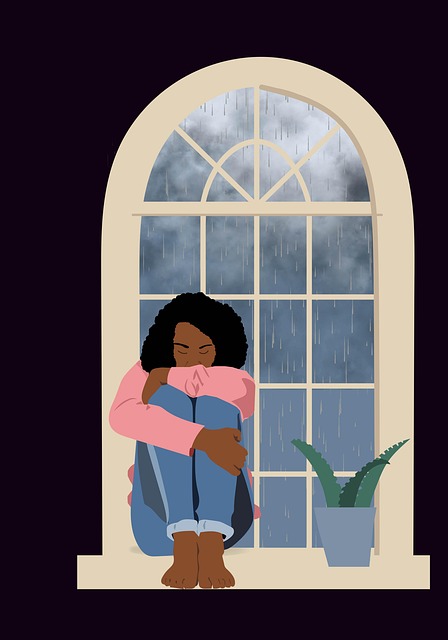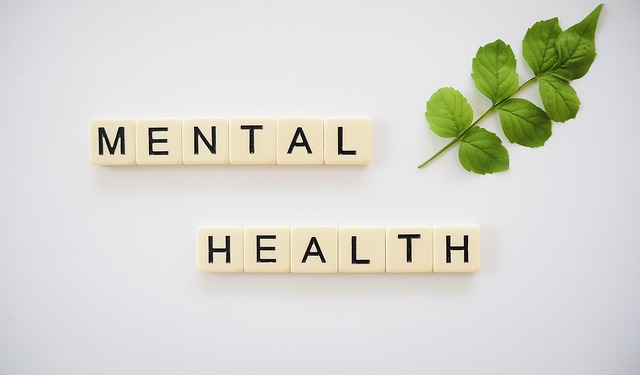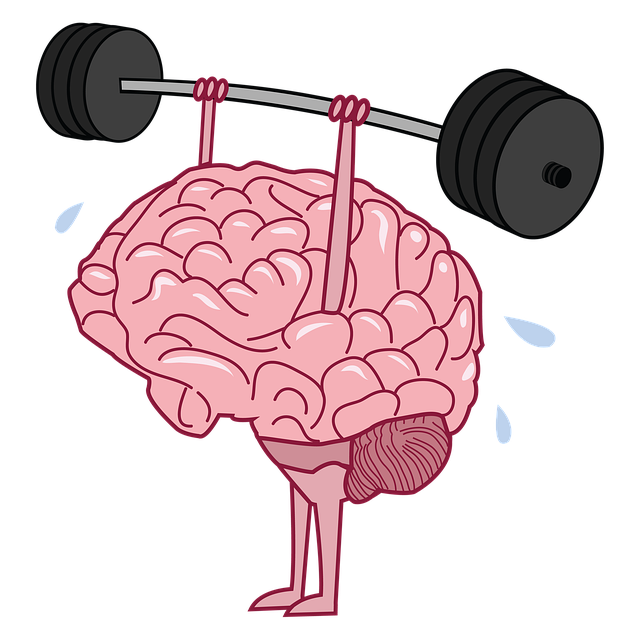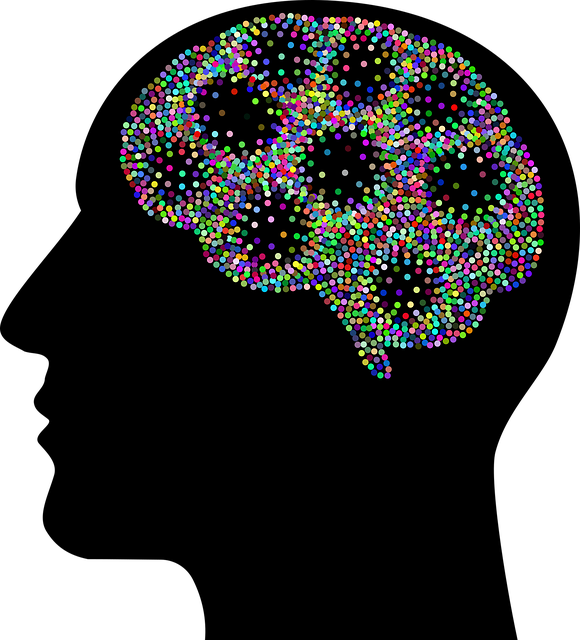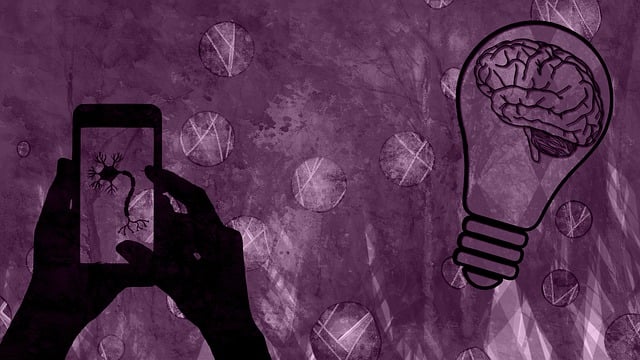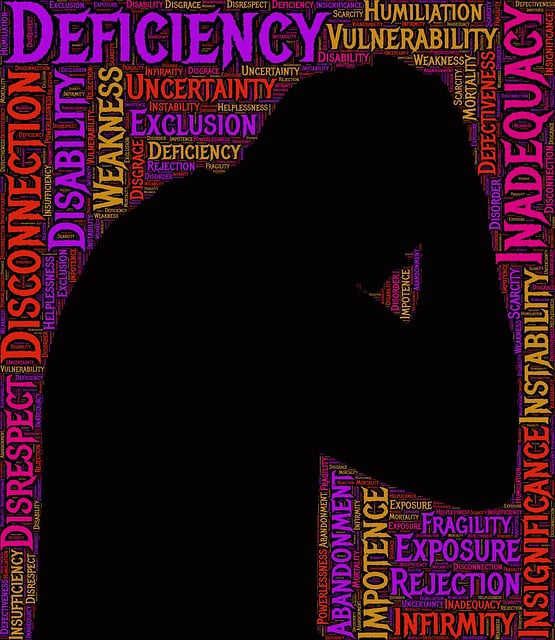Media representations significantly shape public views on mental health, often perpetuating harmful stereotypes through oversimplified and inaccurate portrayals. However, a movement towards more accurate and nuanced depictions is gaining momentum, led by open dialogue, positive thinking, and practices like mindfulness meditation. Realistic narratives can reduce stigma, foster empathy, and encourage affected individuals to seek professional help, such as that offered by Lone Tree Psychological Testing & Therapy. This holistic approach treats root causes, focuses on mood management, and equips individuals with coping skills for future challenges. By accurately representing mental health in media, collaboration between industry professionals and organizations like Lone Tree can foster understanding, dispel stereotypes, and empower viewers to seek support when needed.
Mental illness representation in media significantly impacts public perception and contributes to enduring stigmas. This article explores this pressing issue, offering insights into its profound effects on mental health discourse. We present the successful initiatives of Lone Tree Psychological Testing and Therapy, demonstrating how targeted interventions can counterbalance negative portrayals. Furthermore, we propose effective strategies for positive representation in media, emphasizing collaboration with industry professionals to foster transformative narratives. By implementing these solutions, we aim to create a more inclusive and understanding society.
- Understanding the Impact of Media Portrayals on Mental Health Perception
- The Current State: How Lone Tree Psychological Testing and Therapy Addresses Stigma
- Effective Strategies for Positive Mental Illness Representation in Media
- Fostering Change: Collaborating with Industry Professionals to Transform Narratives
Understanding the Impact of Media Portrayals on Mental Health Perception

Media portrayals of mental illness can significantly shape public perceptions and understanding of various psychological conditions. Often, these representations in films, television shows, and news media offer a glimpse into the lives of individuals struggling with their mental health. While some depictions have improved over time, many still perpetuate harmful stereotypes and misconceptions. For instance, showing characters with severe depression as solely sad and withdrawn can oversimplify a complex condition.
This can lead to a limited understanding of the diverse symptoms and experiences associated with mental illness. Fortunately, there is a growing movement towards more accurate and nuanced portrayals. Encouraging open dialogue about mental health through effective communication strategies, promoting positive thinking, and integrating practices like mindfulness meditation in media content can contribute to a healthier public discourse. By presenting realistic and empathetic narratives, media has the potential to reduce stigma, foster empathy, and even encourage those affected to seek professional support, such as that offered by Lone Tree Psychological Testing & Therapy.
The Current State: How Lone Tree Psychological Testing and Therapy Addresses Stigma

The current landscape of mental health representation in media is a mixed bag. While there have been notable efforts to destigmatize psychological conditions, many portrayals still perpetuate harmful stereotypes. This is where Lone Tree Psychological Testing and Therapy steps in as a beacon of change. By offering comprehensive services, they directly address the root causes of mental health issues rather than merely showcasing symptoms. Their approach focuses on mood management, depression prevention, and coping skills development, empowering individuals to take control of their well-being.
Lone Tree Therapy goes beyond traditional testing by providing a safe, non-judgmental space for clients to explore their mental health journeys. Through tailored therapy sessions, they help individuals challenge negative thought patterns, develop healthy coping mechanisms, and foster resilience. This holistic approach not only treats existing conditions but also equips clients with the tools needed to navigate future challenges, fostering a sense of empowerment and self-care.
Effective Strategies for Positive Mental Illness Representation in Media

Media has a significant impact on shaping societal perceptions about mental health. To challenge negative stereotypes and promote understanding, media platforms can adopt effective strategies for representing mental illness accurately and positively. One key approach is to showcase individuals with mental health conditions as complex characters with unique stories, rather than defining them solely by their illness. This humanizes the experience and encourages empathy from viewers.
Incorporating diverse representations, including various forms of mental illness, ethnicities, genders, and ages, is vital. Lone Tree Psychological Testing & Therapy emphasizes that media can foster a more inclusive environment by featuring characters engaging in stress reduction methods, practicing emotional intelligence, and demonstrating inner strength development. By doing so, these platforms can contribute to destigmatization and inspire viewers to seek appropriate support when needed.
Fostering Change: Collaborating with Industry Professionals to Transform Narratives

In the struggle to challenge negative mental illness representations in media, collaboration is key. By working together with industry professionals—including those from Lone Tree Psychological Testing & Therapy—we can foster transformative change. This involves open dialogue and a shared commitment to accurate, empathetic storytelling that moves beyond cliched narratives. Such partnerships are essential for ensuring that the complex realities of mental health are reflected in media, promoting understanding, and reducing the stigma surrounding these issues.
Through collaborative efforts, we can integrate best practices into scriptwriting, production, and broadcasting processes. This includes incorporating risk assessment strategies from experts, as outlined in guidelines like those provided by Lone Tree Psychological Testing & Therapy, and implementing robust risk management planning for mental health professionals involved. By prioritizing the responsible portrayal of mental illness, we not only enhance media content but also contribute to the growth of inner strength among viewers, challenging outdated perceptions one step at a time.
Mental illness representation in media is a powerful tool that can either perpetuate harmful stereotypes or foster understanding and empathy. By employing effective strategies, such as those implemented by Lone Tree Psychological Testing and Therapy, industry professionals can significantly challenge the status quo. Collaborating to transform narratives ensures more accurate and positive portrayals of mental health, ultimately contributing to reduced stigma and improved mental health perception in society.


